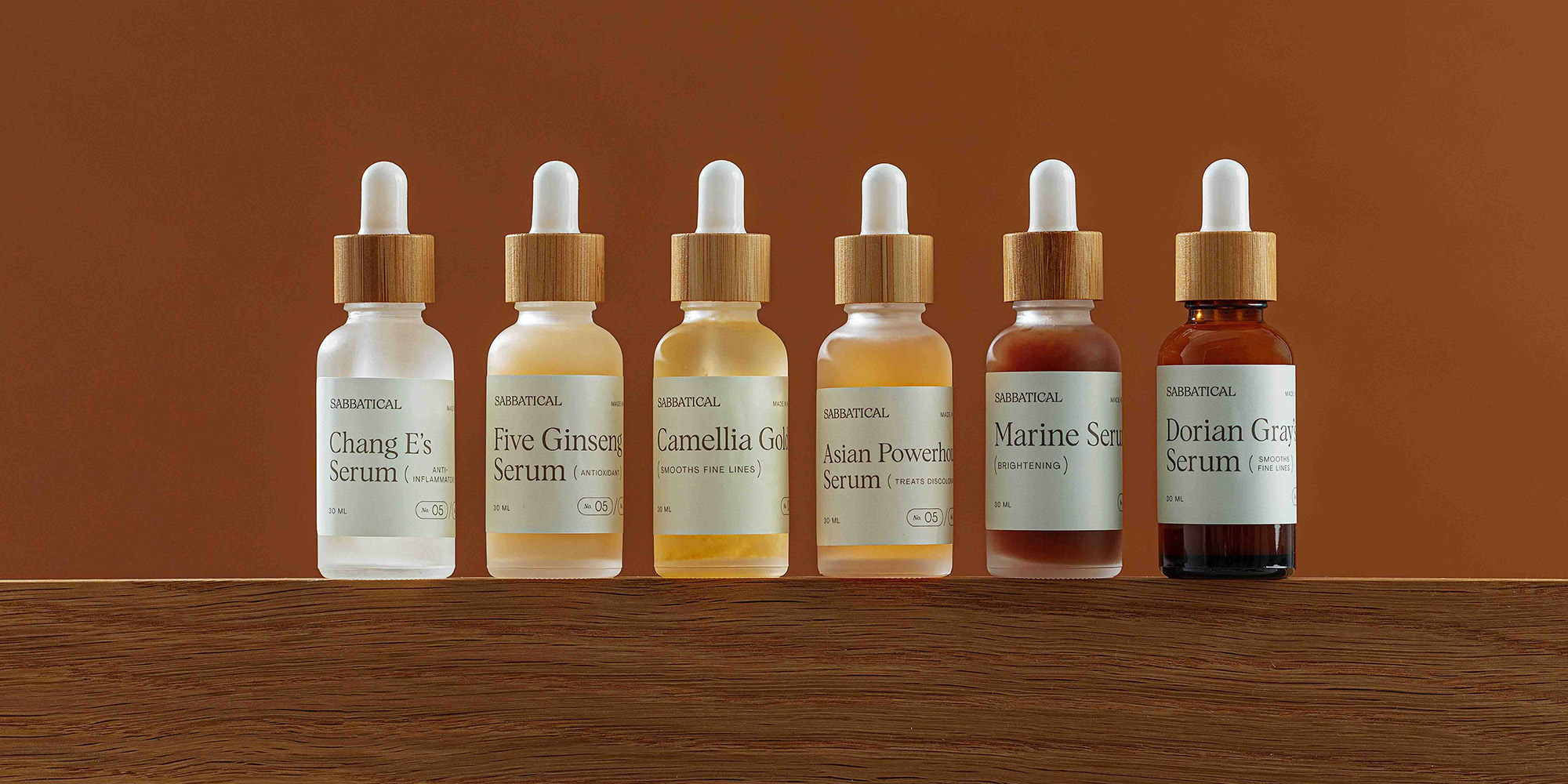
Sabbatical Beauty’s Adeline Koh On Rooting A Brand In The Local Community
The beauty conversation has dramatically changed since Adeline Koh, a former race and gender studies professor, launched skincare brand Sabbatical Beauty almost a decade ago. Early on, the idea that someone scholarly like her would consider skincare to be self-care was deemed by many to be blasphemous. In the years since, self-care has gone so mainstream that what’s deemed blasphemous about it today is its commercialization.
But Koh still sees the value in self-care and practices it, both with her brand’s products—its bestsellers include $79 Marine Serum, $79 Asian Powerhouse Serum, $75 Vacuum Cleansing Oil and $108 Dorian Gray’s Serum—and its business, which she established to work on her own terms. Of course, that work is done within the confines of a broader beauty industry inundated by brands, and she admits the pressures of competition occasionally make her question whether she’s guiding Sabbatical Beauty down the right path.
“When I started this, I just thought about it as a small business and community-building exercise. Sometimes I wonder, should I have gone the MBA route to create a bigger brand? I honestly don’t know because, at different scale, you have different problems,” says Koh. “The problems that I have now are relatively small compared to a larger brand. I have a sustainable business with people who continue to come back.”
She adds, “I wanted to create a life for myself where I wasn’t as stressed out and felt as beholden to a large institution. Would I have felt more stressed out if I had gone down another route? Possibly. I don’t know. Sometimes I regret it, sometimes I don’t.”
Beauty Independent talked to Koh about the formulation principles of Sabbatical Beauty, the Slate article that catapulted its sales, Meta’s advertising ban on the brand, the importance of its local market, and why she’s not as focused on weighing in on political issues as she was in the past.
Why did you start Sabbatical Beauty?
I’m originally from Singapore, and I came to the U.S. for graduate school. I actually landed in Michigan in January to start graduate school and the snow drifts were six feet tall. I had never dealt with snow before. My skin completely freaked out. I went from oily teenage skin to super dry skin, and I didn’t know how to deal with it.
For most of graduate school, I just suffered because I didn’t have money to fix my skin. When I finally got my first tenure-track position and moved to Philadelphia, I thought, I can finally fix my skin. I went to see a whole bunch of dermatologists. One of them told me that moisturizers were a scam. That was not very helpful.
The other ones basically didn’t do anything. They gave me very heavy occlusive creams that didn’t do anything for my skin other than irritated it. I just suffered through having a very damaged skin barrier until I discovered Korean beauty in 2015.
When I discovered Korean beauty, it made a lot of sense to me because all these botanical ingredients were things that my mom and grandma would make soups from when I was little. Practically every Asian child has a grandma brewing herbs for them to boost their health and make them smarter for exams.
I knew these herbs were good for me internally. I was sure they were going to be good for my skin externally as well. So, I started trying Korean beauty and that was the only thing that really improved my skin, but it didn’t 100% improve my skin. It was still dry, flaky and kind of irritated.
As an academic, I started doing more research. At that time, I saw very few brands that formulated the way that I wanted to have a product formulated. In general, most brands formulate with a very inert base, usually water, but I found myself very irritated by those sorts of formulations. If I want to buy a sake or ginseng product, I want sake and ginseng to be near the top of the ingredient list so I can actually see whether that ingredient is going to change my skin or not.
I started doing it myself. I had gone on academic sabbatical. I was working on my book, which incidentally actually had a chapter on skin whitening products was about whiteness and people of color. Instead of writing my book, I started buying cosmetic chemistry stuff and formulating. That’s why it’s called Sabbatical Beauty because I literally started it while I was on sabbatical.
My skin got a lot better. Then, other academic professor friends saw what I was doing, and they asked me to make products for them. I made products for them, and their skin also got better.
How did you start selling products beyond your academic circle?
I started a Shopify store, but didn’t really get any traction until January 2016 when I was actually in the middle of a presentation at the Modern Language Association and suddenly my phone had notifications about all these sales I was getting. What had happened was that a Slate article came out about me and my friends, all these professors, who were using the 10-step Korean beauty regimen to really ground ourselves. We thought of it at the time as radical self-care.
Now everybody talks about how skincare is selfcare, but in 2015 there were not that many people talking about it. I got a bunch of hate mail from that article being like professors are not supposed to be doing things like beauty and skincare.
The article also featured my little brand and what I was trying to do. Sales went nuts, and I thought, maybe this can be something that I can do because I really did not enjoy being an academic. So, I took a leave of absence without pay that year, and I did all these business courses. I have no prior experience in business and entrepreneurship at all.
I had six figures my first year that I was like, OK. I can probably do this full time. So, I quit the next year, and I’ve been doing Sabbatical Beauty ever since.

What product did you launch the brand with, and why?
Marine Serum. There’s a famous brand that’s has as its hero ingredient fermented sea kelp, and it’s very expensive. When I looked at the formulation, I was like, OK, you do have fermented sea kelp as your first ingredient, but the rest of the ingredients, they’re not terrible, but they’re also pretty cheap. Why am I paying $300 for a tiny little bottle?
I could put all the antioxidants that I could possibly find from the ocean in, and that’s how I formulated Marine Serum. It also has a base of fermented sea kelp, but it has black algae, red algae, giant sea kelp, marine collagen, all those hero ingredients. That is the flagship for how formulate.
When I say that my product contains sake or rice, I try to use that ingredient in a multiplicity of forms. I try to extract it in all these different ways and make a product that really showcases the power of the ingredient on your skin.
How did you try to grow the brand?
I approached this very differently from how I see a lot of brand founders approaching this because I don’t have a typical story of growing up and spending all this time in Sephora and wanting to have my own beauty brand. That was the furthest thing from my mind. I hardly bought any beauty products for most of my life.
I wanted to create a brand where the quality was No. 1, where if I say a product will do something, it will do something, and you will see the effect very quickly. I also have very sensitive skin, and I have suffered from a damaged skin barrier for most of my life. So, I don’t want to irritate skin barriers. At the time I started, the majority of formulations out there were very heavy in resurfacing ingredients. I want to create a quality, gentle line that does not irritate your skin.
I came from a background of being a race and gender studies professor. Social justice was really important, too, and continues to be really important to me. There were a lot of beauty brands making people feel insecure about their appearance in order to sell products. I did not want to do that. I wanted people to use the products because they felt more connected to themselves, because they wanted to fall more in love with themselves.
What I was trying to do and what I’m trying to do is to create a community around skincare and self-care. I wasn’t necessarily interested in becoming the biggest brand or getting into all these big retailers. I was more interested in, how can I create a community of people who support similar things and want to care for themselves and others?
I studied how to do Facebook ads and did a lot of Facebook marketing. When I started my Facebook Group, it was the biggest converter that I’d ever had. We actually got banned from the Meta ad platform in 2020 and have diminished reach as a result. The reason they kicked us off was because I had a product collection called the Wear A Mask Collection in 2020 and part of what we earned from that collection would go to Swing Left to turn the election blue in 2020. They were saying that those were political advertisements, so they cut us off.
I had actually signed up to do political advertisements on Meta, but the customer service on Facebook is very bad, and I have not been able to speak to a human being about the situation. So, we continue to be banned from ads. Still, most of my original and most dedicated audience lives on Facebook.
What did you do after the Facebook ad ban?
We’ve gone through different platforms. We’re on Instagram, YouTube and TikTok. I’m based in Philadelphia, and we make all our products in a small studio out of Philadelphia by hand. I started doing a lot more local outreach.
When I started, I envisioned it mostly as a national e-commerce brand or international. I actually did a lot of Facebook advertising to Singapore, and I had a pretty sizable contingent of customers in Singapore. With the pandemic and shipping rates going crazy, I stopped everything and really focused on Philadelphia. So, after the Facebook ban, I’ve concentrated most of my energy on Philadelphia and the local market.
What are some goals for Sabbatical Beauty?
We did a big rebranding in 2022, and last year was all about ironing out new processes and containers. This is the first year I’m finally managing to go back to formulation. I have a bunch of interesting new products I’m working on. I have a milky rice toner for hydrating and building a skin barrier that I’m currently working on, and I have a new serum with peptides for skin rejuvenation that I’m thinking about.
I haven’t thought about an explicit sales goal, but I would say that I am just trying to do better than last year. I am planning to improve retail distribution. I’m working on seeing whether we can do more partnerships with retailers and professional salons and spas. I would like to start creating more of a presence in Asia.
Why did you rebrand Sabbatical Beauty?
I thought it would help the brand look more like an actual brand if I did a rebranding where everything was coherent. We hired a branding agency to give us a new brand identity and to help us with new packaging that fit into the brand identity. All the product photography or model associated with the brand is done by me.
The brand identity is clean and a little bit spiritual and witchy. Some people have described it as a grownup Lush, but definitely with Eastern elements. We put Chinese words into it that were significant to me.
In 2020, there was a big focus on social justice, but the pendulum has swung in the other direction, particularly as it relates to DEI. How do you think about that in terms of your business?
I definitely see this pendulum swinging. I think that this is going to be a more and more difficult space to negotiate for people and brands primarily because the left is very split right now. It’s very split over what’s going on in Gaza and Israel. I honestly don’t know what the future holds. I feel that there is going to be increased global conflict. That makes me very scared and apprehensive about the future.
When I started and for the majority of my brand, I have been very clear about social justice and identity politics with my brand. I have been more hesitant to take a stance now because it feels that, if you say anything, even in the best of intentions, it leads to much more division and much more animosity. I’m trying to create more harmony. I think that people are going to be a lot more cautious.

What do your customers want to hear when it comes to your ideas about beauty and larger social issues?
What I encountered a lot when I was doing more social justice outreach is that they wanted to hear about formulations that will just simply work. A majority of my customers are older millennial to gen X women. This generation of women didn’t grow up with the skintellectual movement. They’re very new to skincare, and they’re looking for a brand that they can trust. They don’t necessarily want to become skintellectuals. They don’t want to buy every single product in the world.
When I have focused on social justice, the skincare education has gotten lost. I am going to try to put a renewed focus on that, about why I created a brand and products. That is something the audience has missed because I haven’t talked about that as much.
The skincare market has gotten much more crowded since Sabbatical Beauty began. How do you navigate the brand in the crowded market?
I have never been like I’m looking for a huge amount of venture capital funding and want to be in every door. I think it’s very difficult for small brands because, when you’re inundated by all these other brands that have a huge amount of funding, you tend to get lost.
Building the local community aspect with people I can see and touch has gotten more and more important. My Instagram reach right now is pretty terrible, so I’m constantly shocked when I see people continuing to come back and buy products when I know they didn’t see me on Instagram. I think it is because of the realness and authenticity of the community aspect that they probably enjoyed and also the effectiveness of the products.
What’s your approach to content?
I’m the primary person in charge of making content. I would be happy to take myself out of all the content, but usually whenever I do, the content doesn’t do as well. I think it’s because, with founder-focused brands, you want to see the founder.
My background is being a teacher and, coming from a teaching profession, and I see the content simply as a way to continue teaching. I want to wrap my head around doing much more interesting educational content. I just haven’t figured out the way that I’m going to do it yet.
Coming from outside the beauty industry, what’s surprised you about it?
When the Slate article came out, I actually got into some controversy with popular Korean beauty bloggers who had accused me of stealing my very first formula. I came out with a screenshot of a conversation with a person who said that and said I had never stolen a formula, but that controversy led me to understand how intense the politics can be within the industry. I am no stranger to controversy because, as an academic, I worked on pretty controversial things, but I would say the level of discourse was very different from what I understood academically.
That’s one thing that I realized. Something I’ve also learned is the difference in the kind of impact that you can make. If you’re small, you’re not going to have that much ability to create that bigger impact compared to if you are coming from a big company or a major academic institution with a lot of funding. At the same time, even though you don’t have all those resources behind you, you have more agility.
I essentially created this brand because I wanted to experiment and do fun things, and I wanted to make people happier in their own skin. I think that, if I had tried to create big brand or work for a big brand, I wouldn’t be able to have the flexibility that I have. I enjoy being able to tinker and do my own thing.
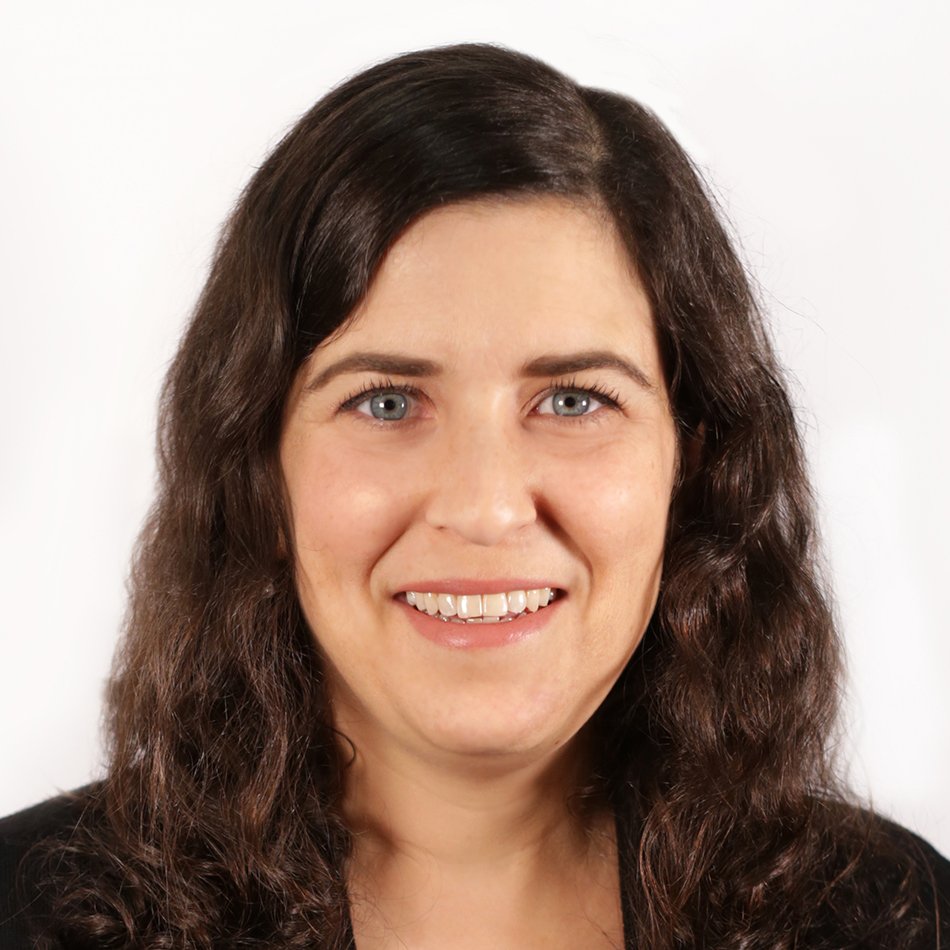
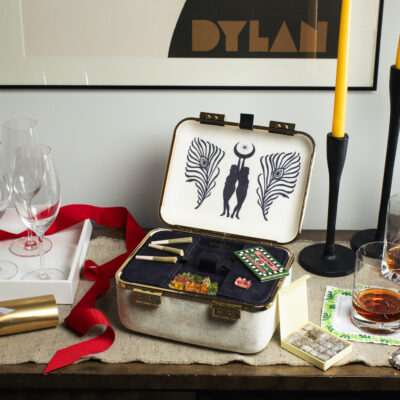
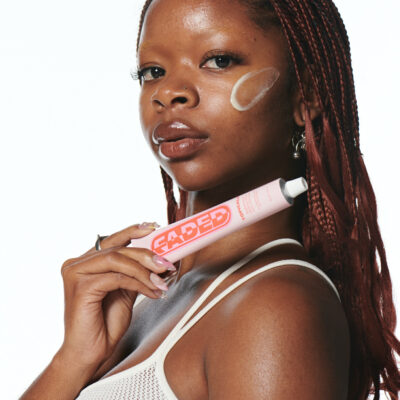
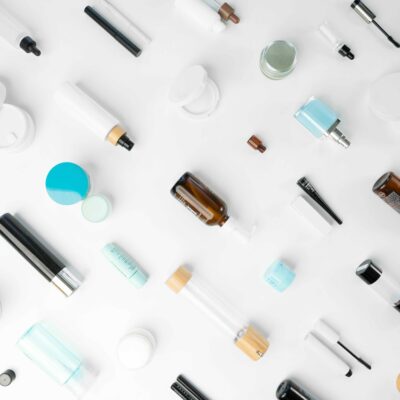
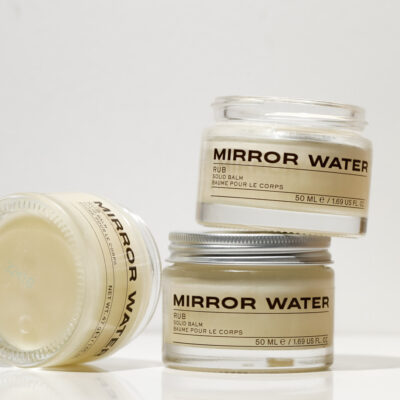
Leave a Reply
You must be logged in to post a comment.